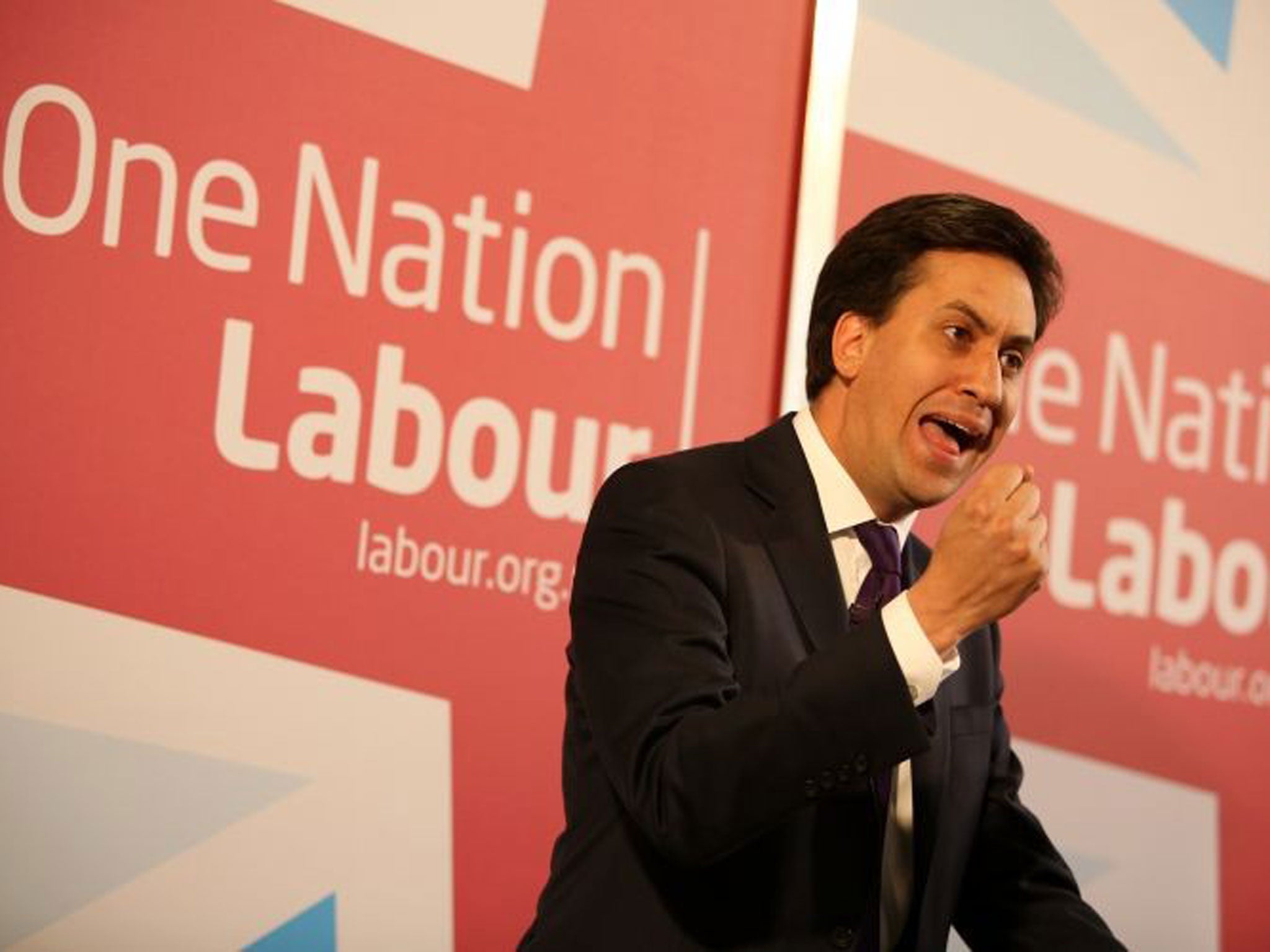Unions hit back at Labour Party voting reforms
Plans for tougher leadership nomination rules will 'favour white, middle-aged grey suits'

Senior union activists fear that Labour's reforms to the way the party leader is selected will result in centrist, "white, middle-aged, grey-suit" candidates in the future.
Ed Miliband announced this weekend that he will move the party to a one member, one vote system, despite having secured the leadership in 2010 by a wafer-thin margin, with the unions that backed him holding a disproportionate one-third block of the electoral college. MPs and MEPs had another third of the vote, with the remainder given to party members – a widely criticised system that favoured the views of parliamentarians and unions.
The reforms are designed to break Labour's relationship with the unions after allegations of vote-rigging involving Unite in selecting the party's Falkirk candidate emerged last year.
Leadership candidates will now only get their names on the ballot paper if proposed by one fifth of Westminster MPs. This is up from the current 12.5 per cent and gives MPs more influence over the process than the rest of the party.
There are suggestions that this threshold was not signed off in talks between the party leadership and Labour-affiliated unions such as Unite and the GMB, and could be negotiated downwards.
A senior trade unionist has said that the proposal would mean that future contests were likely to be fought between only two and four candidates. This would be likely to suit those who were considered a safe pair of hands, effectively eliminating candidates outside of the party hierarchy at the first hurdle.
"We've looked at this threshold for getting nominated and thought, 'Hang on a second, it's a bit on the high end; you'll only get two or three people out of the Shadow Cabinet on the ballot paper. You would struggle to get someone like a Jon Cruddas on the ballot, let alone a Diane Abbott, probably just white, middle-aged grey suits. This is the main bone of contention," one source said.
Mr Cruddas signed Ms Abbott's nomination papers in 2010, despite favouring the elder Miliband brother, David, as she was struggling to secure even the 12.5 per cent threshold. The veteran left-winger's absence would have resulted in a battle between five white males approaching or in early middle age. There are concerns that future candidates favoured by the unions could also fail to make the ballot for being too far left.
The reforms will be put to a special conference in March. Ed Miliband hopes the move to one member, one vote will be seen as on a par with Tony Blair's removal of the Clause Four commitment to public ownership in 1995.
Mr Miliband said: "This is about completing unfinished business from the past 20 years and creating a One Nation Labour Party built on the principle of one member, one vote... changing Labour so that Labour can change our country."
But while politics academics Richard Jobson and Mark Wickham-Jones wrote on Independent online that "Labour has tackled some of the difficulties that compromised its capacity to present itself as democratic", the Tory party chairman Grant Shapps has argued that "nothing will change". He said: "It's the same old Labour with Ed Miliband too weak to stand up to the union barons who own him".
Join our commenting forum
Join thought-provoking conversations, follow other Independent readers and see their replies
Comments
Bookmark popover
Removed from bookmarks